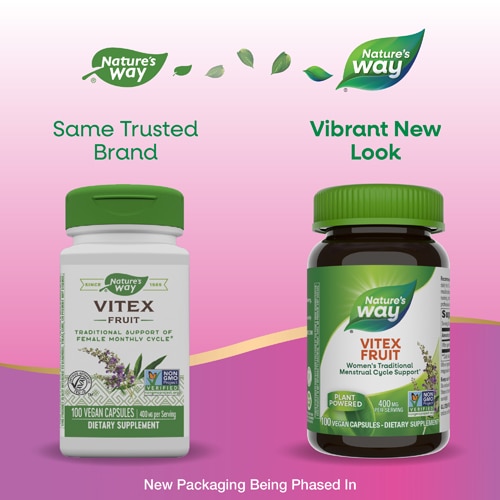Getting to sleep, and staying asleep, is a challenge for many women. There are a lot of things that can rob you of a good night’s rest. The most common culprits include stress, too much caffeine, being hungry or needing to use the bathroom in the middle of the night (and not being able to fall back to sleep afterward). Besides the tried-and-true methods of improving sleep (no coffee after lunch!), there are some other things you can do to support healthy slumber.
First, it’s essential to determine why you’re having trouble sleeping in the first place. Are you experiencing hormonal changes? Are you so busy, worried or stressed that you can’t turn off the mental chatter in your mind? If either of these ring a bell, you’re not alone. They’re high on the list of things keeping women up at night.
Let’s look at some simple, effective ways to address these two issues so you can get some rest.
Reproductive support
If you find that you consistently struggle with sleep before your periods, or that good sleep is hard to come by since you entered perimenopause, changes in your hormones may be to blame. For natural support, consider an herbal supplement such as chaste tree berry, also known as Vitex.
A flowering shrub native to Europe that produces peppercorn-sized brown berries, chaste tree contains a number of active constituents, including antioxidant flavonoids. It may help relieve discomforts associated with a woman’s menstrual cycle, in addition to providing overall health and balance support.*
I often tell my clients that during the hormonal transition of menopause, when a woman’s ovaries are going through a “career change,” the adrenal glands have to pick up where the ovaries left off. To promote the adrenals’ ability to support hormone production, I recommend Rhodiola roses extract. This herb can support overall well-being, and can help fight fatigue and promote energy.*
The plant is a native of the mountainous regions of Asia and Europe, and its traditional uses include supporting physical and mental performance, as well as reducing feelings of lethargy. Russian researchers have categorized Rhodiola rosea as an adaptogen because of its ability to increase resistance to a variety of chemical, biological and physical stressors. There are more than 200 different species of Rhodiola, but Rhodiola rosea is the preferred choice because of the amount of the active compound, rosavin, that it contains.
Choose supplements with at least 3 percent rosavin, such as Vitacost Rhodiola Rosea; the recommended dose is two capsules (equal to 700 mg) in the morning and early afternoon.
Relaxation support
If you’re unable to sleep well because you have racing thoughts or “monkey mind” (a Buddhist term for unsettled restlessness, confusion and uncontrolled indecisiveness), supplementing with phosphatidylserine may help.*
This compound is a phospholipid (a type of fat) manufactured by the body, and it’s also found in meat, fish, dairy foods, white beans, barley and soy lecithin. Besides being vital for healthy brain function, phosphatidylserine can help promote a healthy adrenal response to stress and may help support cognitive function as we age.*
Taking a phosphatidylserine supplement ensures that you get a specific amount in a concentrated form. Vitacost Phosphatidylserine Complex is a great product, delivering both phosphtidylserine and phosphatidylcholine, which is important for supporting healthy cell membranes.
Take two capsules before bed with a high-protein snack, and another two capsules if you wake up in the middle of the night and can’t back to sleep.
*These statements have not been evaluated by the Food and Drug Administration. These products are not intended to diagnose, treat, cure or prevent any disease.




